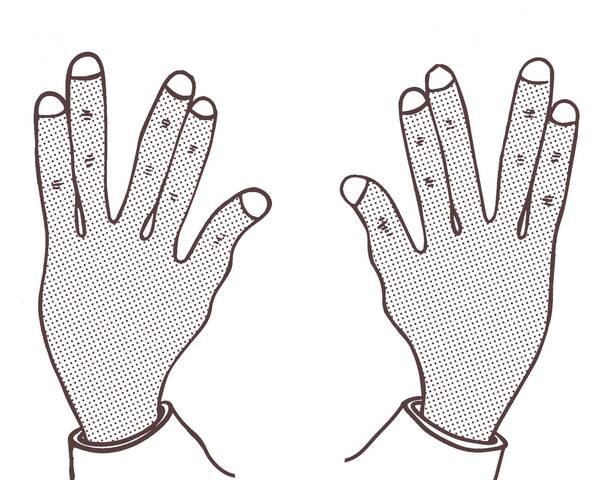Letters / On “Days of Rest”
I wanted to thank the editors for their crucial analysis on the importance of Shabbat. Too often, when we think about Shabbat, we focus on what is not allowed, but there is another profound lesson to consider alongside the forbidden. While the Bible’s 39 categories of work tell us what not to do on Shabbat, they also inform what we ought to strive for the other six days of the week. And what is that? To build a mishkan, a dwelling place for God in the world, which contributes to the world’s construction. This is our charge: to understand that no matter what work we are engaged with, it is an elevated calling, an important contribution to the tapestry of our world. We must release the sparks of holiness contained in what we do, as we work for six days and then rest on Shabbat.
Manchester Center, Vermont
The letter writer is a rabbi who works for the Arava Institute for Environmental Studies and Bennington College.
I was extremely pleased to see the staff’s discussion in the Rest issue responsa of how anti-work politics can be informed not only by a Marxist tradition but also by the practice of Shabbat. While I was excited by the essay’s point that the Sabbath enables us to access a world to come despite the constraints of the present, I was troubled by its uncritical citation of the Italian philosopher Giorgio Agamben. The responsa notes correctly that Agamben links the Sabbath with the refusal of “use” because it requires us to separate our ordinary activities from their conventional, productive ends, directing them instead toward festivity. The responsa also links Agamben to the concept of the general strike—a form of refusal that seems exemplary of his argument, even if it’s not clear to me that he actually references it in his work (although he does discuss Walter Benjamin’s writings on the topic). The general strike not only suspends the economy of work, but dissolves another common source of domination that Agamben frequently critiques: the state’s power, manifest largely in law, which regulates and protects productivity. Agamben’s work highlights the emancipatory possibilities inherent in the kind of collective refusal of state power that the general strike embodies.
However, Agamben’s recent writings on the Covid-19 pandemic and state-imposed lockdowns should unsettle us—because they indicate that he rejects all acts of state power, even those meant to protect the vulnerable and exploited. He has argued that the Italian government abused its emergency powers when it instituted lockdowns in the spring of 2020. He has also claimed that the pandemic was an invention, a conspiracy intended to justify the state’s powers and suspend civil rights. This is not to suggest that the responsa should have avoided citing Agamben because his philosophical thinking is politically tainted. Rather, I would have liked to see the responsa note his pandemic writings and acknowledge that his thinking on the Sabbath is perhaps inseparable from his totalizing anti-statist framework—something that should trouble thinkers and organizers interested in how political institutions can support rest.
Contra Agamben, the pandemic lockdowns demonstrated that the state can sometimes create conditions that allow (at least some of) us to take a break from the world in which we find ourselves and, perhaps, prefigure a new one. As “The Fight for the Sabbath,” another article in the Rest issue, teaches us, the state’s powers for world-building and leisure have long been an object of political and religious struggle, including the effort by labor organizers and Jewish leaders to win workers the two-day weekend. Other hard-won victories have given us strike protections, public parks and natural areas, and government-supported artistic venues and museums. Agamben’s overbroad critique of state power misses the fact that the state does not always impinge upon our rest, leisure, and alternative world-making; rather, it has sometimes enabled these practices.
Ithaca, NY
